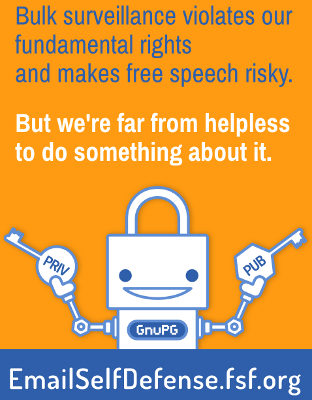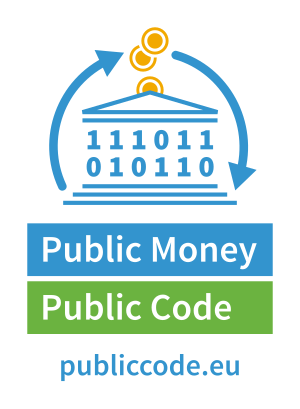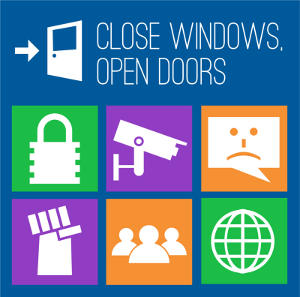In today’s digital world, our online activities are constantly being tracked, and our personal data is vulnerable to threats. If you’re looking to regain control of your digital life, consider making the switch to GNU/Linux, a powerful and cost-effective open-source operating system. Let’s explore why GNU/Linux could be your ideal choice for enhanced privacy and security, even if you’re currently a Windows user.

Customize for Privacy
GNU/Linux distributions offer unmatched customization, allowing you to tailor your system to maximize privacy. You can install privacy-focused software, configure firewall rules, and choose desktop environments designed to protect your personal information.
Embrace Open Source
One of the key principles of GNU/Linux is open-source software. This means there are no hidden backdoors or secret data collection. You can inspect the source code, ensuring your system remains uncompromised and enhancing your privacy.
Privacy-Centric Distributions
Certain GNU/Linux distributions, such as Tails and Qubes OS, are purpose-built for privacy and security. For instance, Tails automatically routes your internet traffic through the Tor network, ensuring anonymity.
Robust Data Encryption
GNU/Linux provides robust data encryption options, including full-disk encryption (FDE). With FDE, your data remains encrypted, even if your device is lost or stolen, offering an extra layer of privacy protection.
Minimal Data Collection
Unlike some proprietary operating systems, GNU/Linux minimizes data collection. You have control over what information is shared, reducing your exposure to data brokers and advertisers.
Stay Secure with Updates
GNU/Linux distributions receive timely security updates and patches. This proactive approach keeps your system secure, guarding your privacy against evolving threats.
Private Browsing
Popular browsers like Firefox on GNU/Linux prioritize user privacy and offer privacy-enhancing extensions. You gain more control over cookies, tracking, and other privacy-invading elements.
Supportive Community
The GNU/Linux community is renowned for its privacy advocacy. Forums and guides are readily available to help users configure their systems for maximum privacy. You’ll never be alone in your pursuit of a private and secure computing environment.
Anonymous Web Browsing
With privacy-enhancing tools like the Tor network, you can experience anonymous web browsing on GNU/Linux. Tor directs your online traffic through volunteer-operated servers, effectively obscuring your digital footprint, protecting your identity and location, and fortifying your privacy.
In Conclusion
In summary, GNU/Linux empowers privacy-conscious users with a platform that respects their right to privacy and security. With its customization, open-source nature, privacy-centric distributions, and strong encryption, GNU/Linux provides a robust environment for safeguarding your digital life. Consider making the switch to GNU/Linux for a secure and cost-effective computing experience.
No Tracking. No Paywall. No cookie consent banner!
If you find my blog helpful, you can help support my work by sharing my posts, following me on X/Twitter, or buying me a coffee. You can also become a supporter on LiberaPay. Your support is greatly appreciated and it motivates me to continue creating content that benefits others. Thank you for being a part of my community and contributing to my mission.







